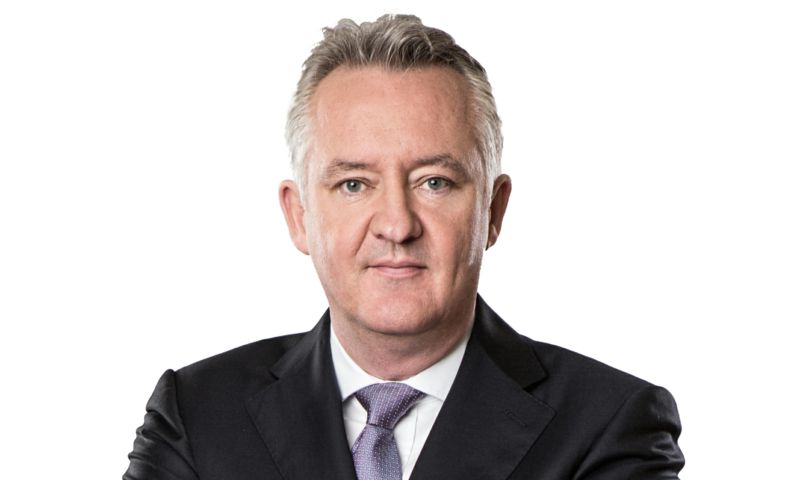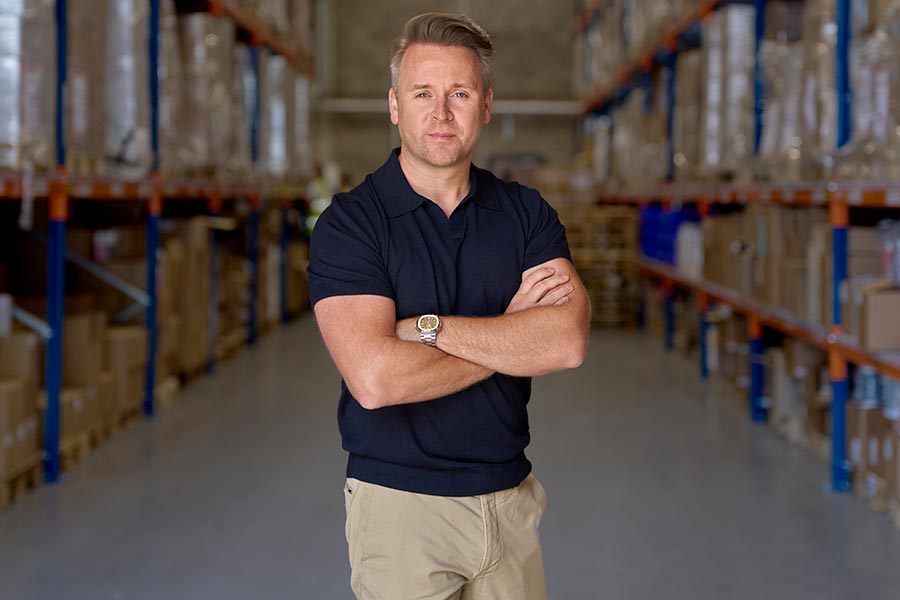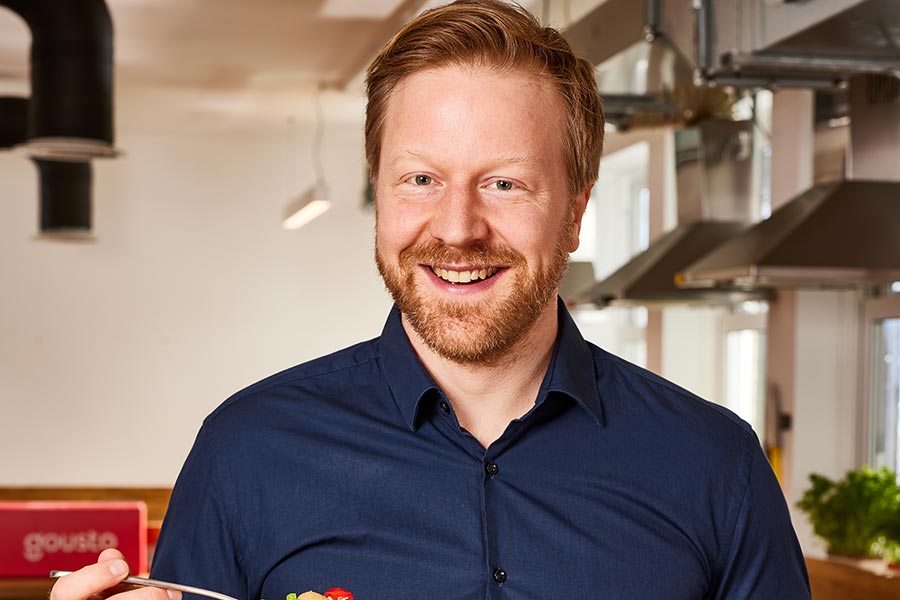As well as offices in Dublin and London, William Fry has a presence in New York, Silicon Valley and San Francisco. The firm has a total headcount of 480 people and recent expansion focus has been in the areas of banking and financial services, asset management and investment funds, employment and benefits, and litigation and dispute resolution.
Notable lateral hires over the past year have been Lyn Brennan, who joined from Milbank LLP in New York. Padraic Kinsella and Eoghan O'Tuama joined from Arthur Cox as head of listings. John Aherne joined from A&L Goodbody, Marion Mellett was hired from BlackRock and head of pensions Ian Devlin joined from Eversheds Sutherland.
As Managing Partner, what are the firm management issues that top your priority list?
People – our clients and our own teams who work with them. Making sure that our clients get the very best service, and that our team at William Fry is engaged and motivated to deliver their best. So from a management perspective, recruiting the best and staff retention will always be at the top of our list of priorities.
We operate in an unbelievably competitive environment for talent today, with existing competition and new entrants to the market, it would be incredibly short-sighted for us not to be focused on our people. With that comes our commitment to attaining a healthy work-life balance for our staff.
Technology, AI and information security are also equally high on our list of priorities, and a large part of our VUCA (Volatile, Uncertain, Complexity and Ambiguous) environment. Our ISO27001 certification recognises our robust information security management system and provides our current and future clients with the necessary assurance that we take the security of their data very seriously and that we have the highest standard of controls in place to address confidentiality, integrity and availability of information. We have a big focus on AI and technological innovation and streamlining processes.
Corporate Responsibility is another key priority for the Firm. There are a few reasons for this. Firstly, it's our belief that we should make a positive and lasting difference in our community, workplace, marketplace and our environment and, going back to our people, they expect that of us and want to be part of it.
In addition, we are increasingly seeing requests from our clients to vet our CR activities as part of the tender process across several industries. So, we are committed to CR as it's the right thing to do, but also, we are a business and it makes business sense to embrace and engage in well thought out and meaningful CR initiatives. Our team enjoy it.
In the past year, what areas of the practice have you strengthened with appointments?
Our Banking and Financial Services department has grown significantly in the last year, welcoming three new Partners – two lateral hires and one internal promotion. We also hired a Head of Listings for our Debt Capital Markets business.
Our Asset Management & Investment Funds team has added a new Partner and a Head of Global Registrations – both lateral hires. Employment & Benefits also saw three new Partners join the team – one lateral hire and two internal promotions. Finally, our Litigation & Dispute Resolution department promoted two Associates to Partner this year.
Does salary inflation and necessary tech investment inevitably lead to higher fees for clients?
It is essential to remain fully engaged with our clients and with our people right across our business, our future will be determined by the quality of our people, their connectivity and their ability to deliver the very best for our clients. One of the key challenges in today's market, which is buoyant and seeing new entrants, is the war for talent in the market place - and ensuring that William Fry is doing the right thing in terms of engaging and developing our people. If we can be a great place to work, this will help to deliver the best for our firm and for our clients.
Salary inflation and technology investments are a sign of the times and it is not specific to the legal sector, though certainly at the moment, salary inflation is very significant. As a firm we can't simply pass all of these costs on to our clients and have to work to achieve efficiencies. Indeed, investment in AI and process streaming is designed to do just that.
From your vantage point, how has Brexit uncertainty impacted on domestic client activity?
Ireland's economy remained buoyant in 2018 with the European Commission estimating that the GDP for the country was 7.8% in comparison to the projected 2.1% for all the eurozone countries and 1.4% in the UK.
A recent survey by Allied Irish Banks found that almost 40% of Irish SMEs had put off or postponed investment and expansion because of Brexit. The impact of this uncertainty could become more pronounced should the negotiations deteriorate. However, as a successful entrepreneurial nation, Ireland has had to deal with several political and economic uncertainties over past decades, but the country has shown a real resilience and I am optimistic that we will do so again.
In our own market we have not seen a major slow down caused by Brexit, and in fact the arrival of financial services business to our shore has seen increased levels of activity in a number of areas for William Fry.
How would you describe William Fry’s USP in the legal marketplace?
We are commercial in our approach, business savvy and practical. William Fry works to find solutions for our client's businesses on time and in budget. At William Fry we deliver more than legal and taxation knowledge, our specialists bring their working knowledge of the business and the sector the client operates in. We explain the options and we help to call it – in that we will tell our client what we would do if we were in their position.
ONE client deal from 2018 – which one would you single out?
William Fry advised Linde AG on its merger with US industrial group Praxair Inc in a deal that will create the world’s largest supplier of industrial gas, which was finalised in December 2018. The industry supplies gases such as oxygen and hydrogen used at hospitals, oil refineries, chemical plants and steel fabricators. The new company formed from the $90bn merger will be based in the Republic of Ireland.










